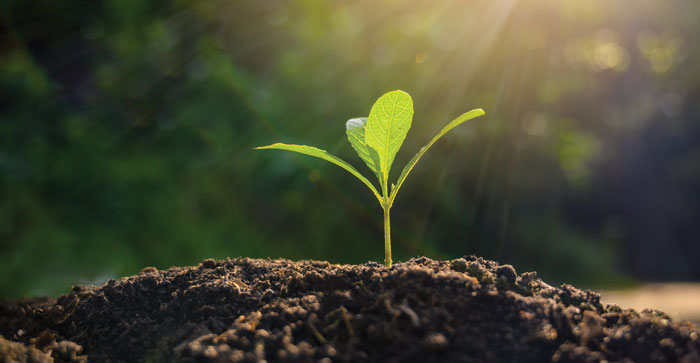 sarayut Thaneerat/Getty Images
sarayut Thaneerat/Getty Images “Believe all women, just not the Israeli ones.”
That’s how Dr. Marcy Gringlas, president of the Seed the Dream Foundation, described the public response to the sexual violence perpetrated by Hamas and other terrorist groups during the Oct. 7 attacks.
The stories recorded in “Screams without Words,” a New York Times investigation from last December, and detailed in the report from the U.N. Special Representative of the Secretary General, were harrowing.
In many circumstances, these atrocities would have generated worldwide sympathy for the survivors and victims and calls for accountability for the perpetrators. But, as Israeli women soon learned, global reception to their stories was very different.
Amnesty International was equivocal on the subject. U.N. Women took weeks to issue a response, as the Atlantic recently noted.
Some took it further.
A group of more than 1,600 self-described feminist scholars signed a public statement titled, “Open Letter to the Israeli and U.S. Governments And Others Weaponizing the Issue of Rape.” A preface to the letter alleges that “the Israeli government has chosen to weaponize the issue of sexual violence for political outcome [sic].”
This denial of the sexual atrocities committed on Oct. 7 has now spread. In many cases, survivors’ stories have been met not with sympathy or calls for accountability, but with demands for further proof or accusations of exaggeration.
Gringlas and the Seed the Dream Foundation have made it their mission to do what many purported activists have avoided: Stop the disinformation and stand against the sexual violence committed by Hamas.
Seed the Dream is partnering with Jewish Women International to bring a three-day delegation to Israel to meet with survivors, first responders, rape crisis center staff, trauma counselors and legal advocates.
The goal, Gringlas said, is straightforward. “We need to generate momentum for a global movement to proscribe and condemn the use of sexual violence as a weapon of war and protect women around the world,” she said.
The “I Believe Israeli Women” delegation, said Gringlas, will bear witness to the atrocities, show solidarity with survivors and trauma providers and learn about ongoing needs on the ground.
“We believe Israeli women — and the world needs to as well,” Gringlas said. Talia Kaplan, executive director of Seed the Dream, added, “This delegation will amplify the voices speaking out against these atrocities and establish a strong network for action.”
Seed the Dream has been working to provide relief to communities affected by the attacks since Oct. 7. Gringlas and her husband, Joel Greenberg, sprang into action to support dozens of humanitarian aid organizations in Israel that provide direct services.
“On Oct.7, we immediately began checking in with our partners and mobilized to provide resources to those directly affected on the ground,” Greenberg said.
The relief efforts detailed by Greenberg were wide-ranging.
“Two days later, we issued our first round of emergency grants to support first responders, rape crisis centers, Holocaust survivors and our school partners in the south,” he said. “We also helped to more than double the size of the rehabilitation facility at Sheba Hospital.”
Helping those who were survivors of sexual and gender-based violence was a major focus. “We are proud to support the Jerusalem Rape Crisis Center, which has been a critical resource for Israeli women during these dark days,” Gringlas said.
The Seed the Dream Foundation has a long history of working to broker change on pressing issues in both Israel and the United States. It was founded in Philadelphia in 2011 by Greenberg and Gringlas to improve educational outcomes. At the time, the couple was deeply engaged in work to support students from underserved backgrounds in Philadelphia.
Seed the Dream has since expanded the geographic scope of its work from Philadelphia, where its work to support charter schools and scholarships has created opportunities for tens of thousands of students, many of color, to attend highly ranked schools.
Ten years ago, the Foundation began focusing on reforming underperforming elementary schools in Israel. Seed the Dream brought in experts in English and math to help boost scores and provide guidance on instruction.
The results, much to Greenberg’s chagrin, were mixed. Seed the Dream eventually realized that to truly improve outcomes, it needed to help rewire the culture of underachieving schools. “We began with the model we had developed in Philadelphia to help students reach their full potential and applied it to schools in Israel,” Greenberg said.
Seed the Dream worked with five experienced Israeli educational organizations to bring this pedagogy to some 30 elementary schools across Israel. The results, Greenberg said, exceeded expectations. “We see that when the schools adopt a culture of growth and excellence, so too do the surrounding communities,” he said.
Some of the students at these schools have become refugees since Oct. 7, Gringlas said. “We saw a need to help set them up in temporary schools that would continue to provide a safe space and a quality education,” she added.
Another key area of focus for Seed the Dream is Holocaust education.
Nearly a quarter of American adults say they know little about the Holocaust, according to recent polling. Ten percent of Americans have no knowledge at all. Gringlas and Greenberg have worked through Seed the Dream to change this dynamic and create enriching Holocaust education programs. The Foundation has contributed to the development of a Holocaust curriculum centered on contemporary antisemitism that is used in middle and high schools nationwide. “Antisemitism did not stop in 1945,” Gringlas said. “This next generation must recognize and speak out against the antisemitism of yesterday and today.”
For Gringlas, it’s personal. Her father was an Auschwitz survivor whose parents and four of five siblings were murdered by the Nazis. Gringlas grew up watching him lecture to students about his ordeal and the importance of never forgetting — and described him as her inspiration to keep the stories of the Holocaust alive.
Lindsay Friedman, managing director of Echoes & Reflections, a Holocaust education project of the USC Shoah Foundation, Yad Vashem, and ADL, told The Journal about Seed the Dream’s impact. “It was wholly due to the prescient leadership of Joel and Marcy, and the Seed the Dream Foundation, that Echoes & Reflections began, back in 2015, to think deeply about contemporary antisemitism,” said Friedman. “They knew that we had to develop thoughtful, robust educational approaches and content to bring this knowledge and understanding to students.”
While working with the Jewish Federation in Philadelphia, Greenberg and Gringlas were confronted with another dismal statistic about the Holocaust: Tens of thousands of survivors are living in poverty. Seed the Dream soon launched a major initiative, Kavod Shef, with 42 Jewish federations to organize national funders to solve this challenge. The group raised more than $30 million in emergency funds to support survivors living in or near poverty. “We saw an unmet need that others were not addressing,” said Greenberg, “and we galvanized resources to meet that need.”
Gringlas and Greenberg “understand how to solve problems, how to find the people who are doing the best work in the field, and how to scale up something that’s working.” – Josh Hoffman
Josh Hoffman, executive director of the Sephardic Foundation on Aging, was impressed with Seed the Dream’s campaign. “Joel and Marcy are often among the first people to take action — and the first to convince others to go along with them,” said Hoffman. “They understand how to solve problems, how to find the people who are doing the best work in the field, and how to scale up something that’s working.”
It’s this rapid response capability that has set the Seed the Dream Foundation apart as an agent for change in the Jewish world for decades.
“The world is completely upside down,” Gringlas said. “We try to pay attention, ask important questions and find solutions,” she said, “but mostly, we try to help. In any way we can.”








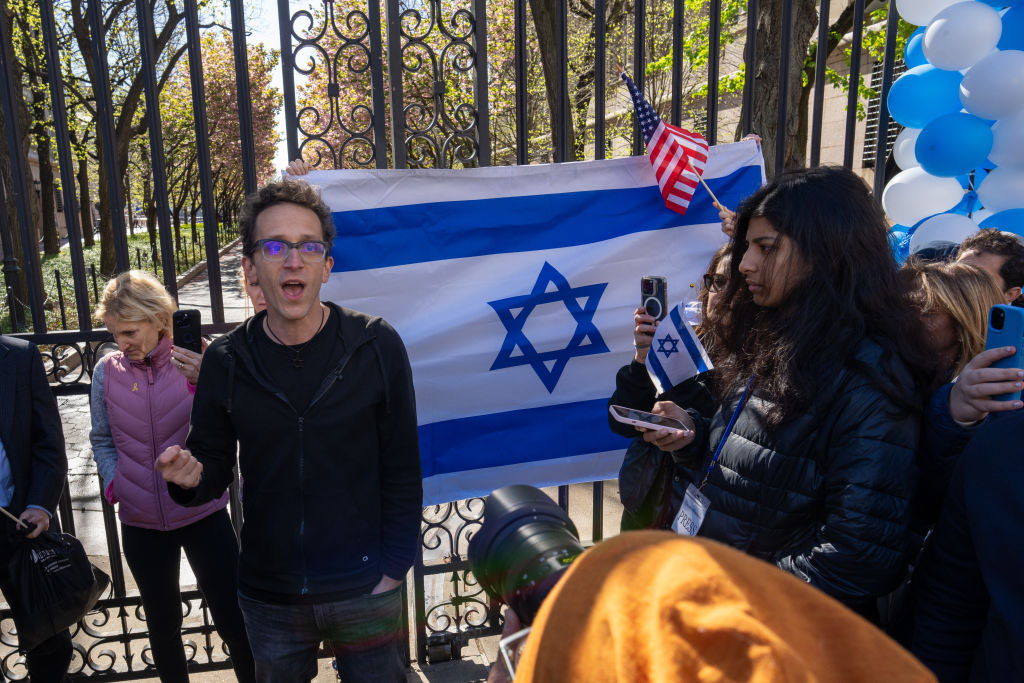

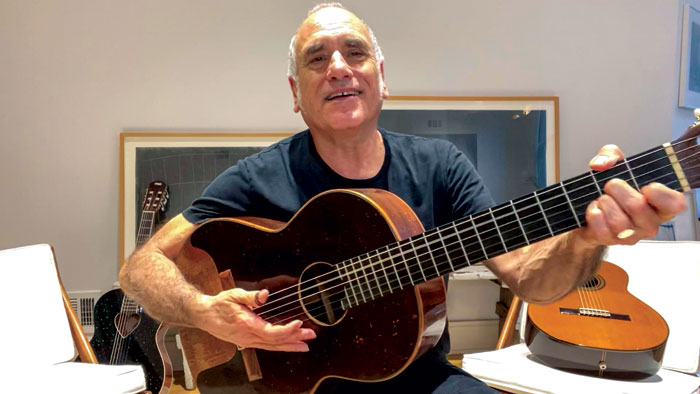



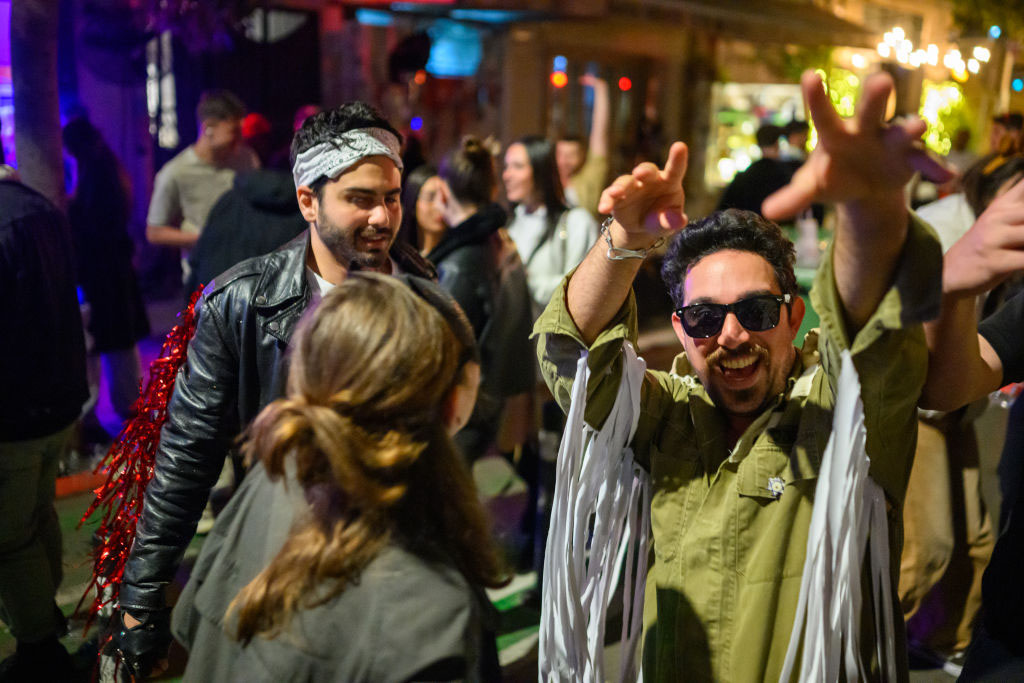




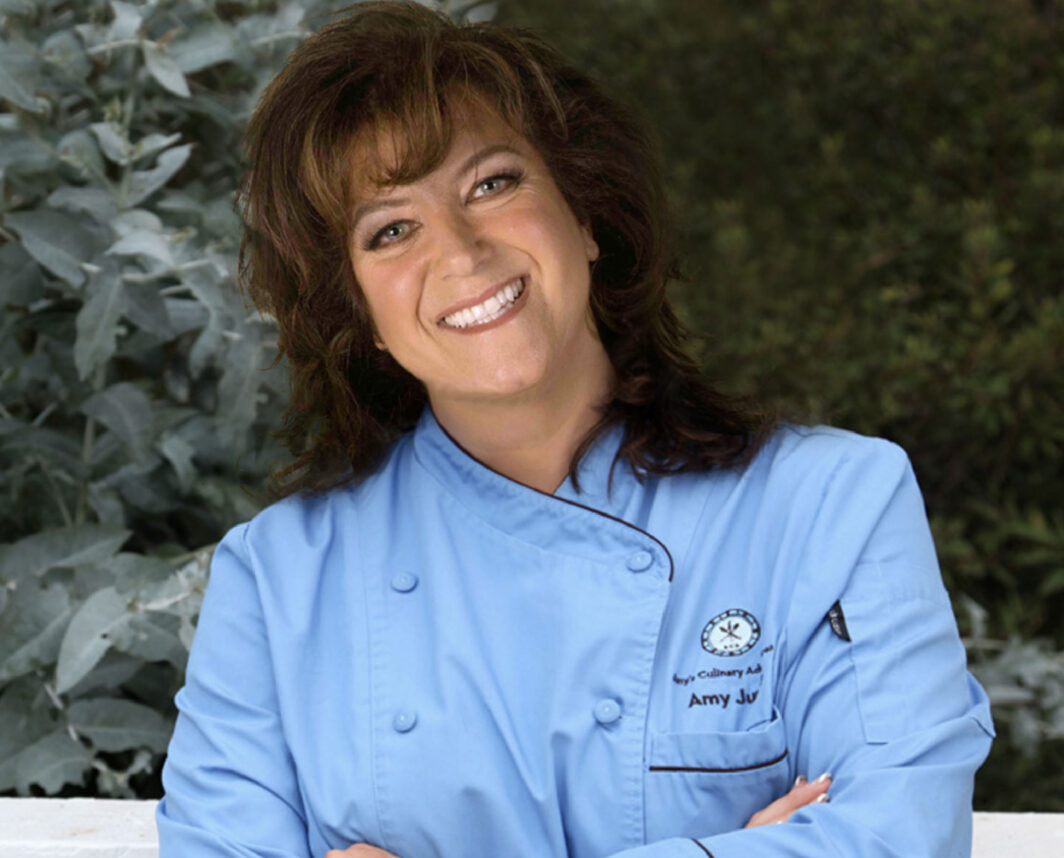
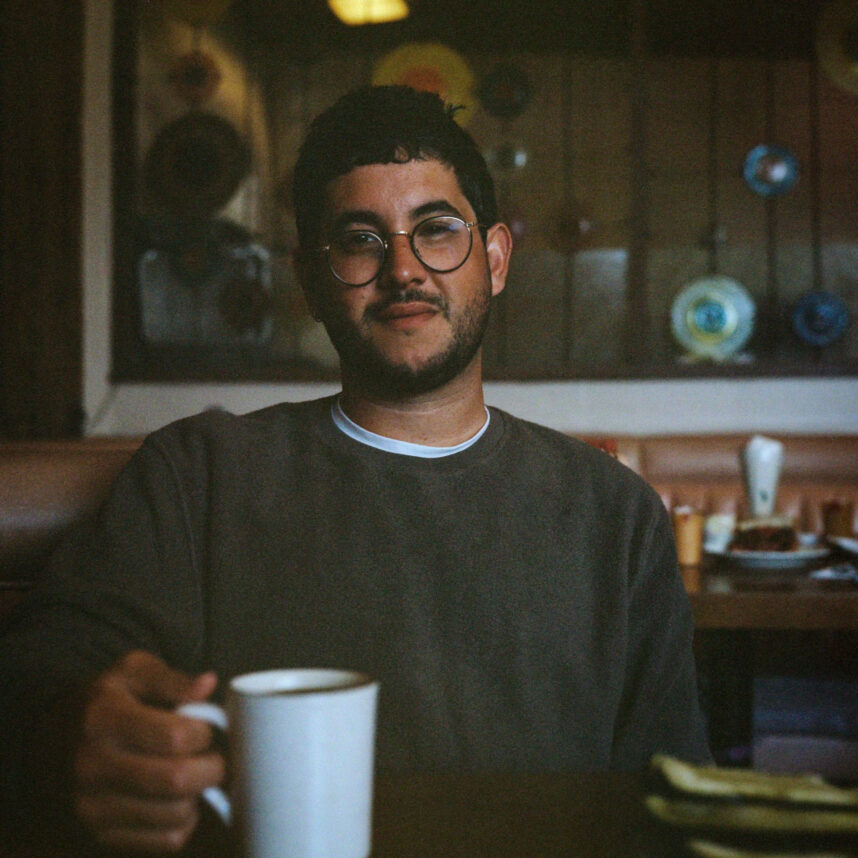
 More news and opinions than at a Shabbat dinner, right in your inbox.
More news and opinions than at a Shabbat dinner, right in your inbox.